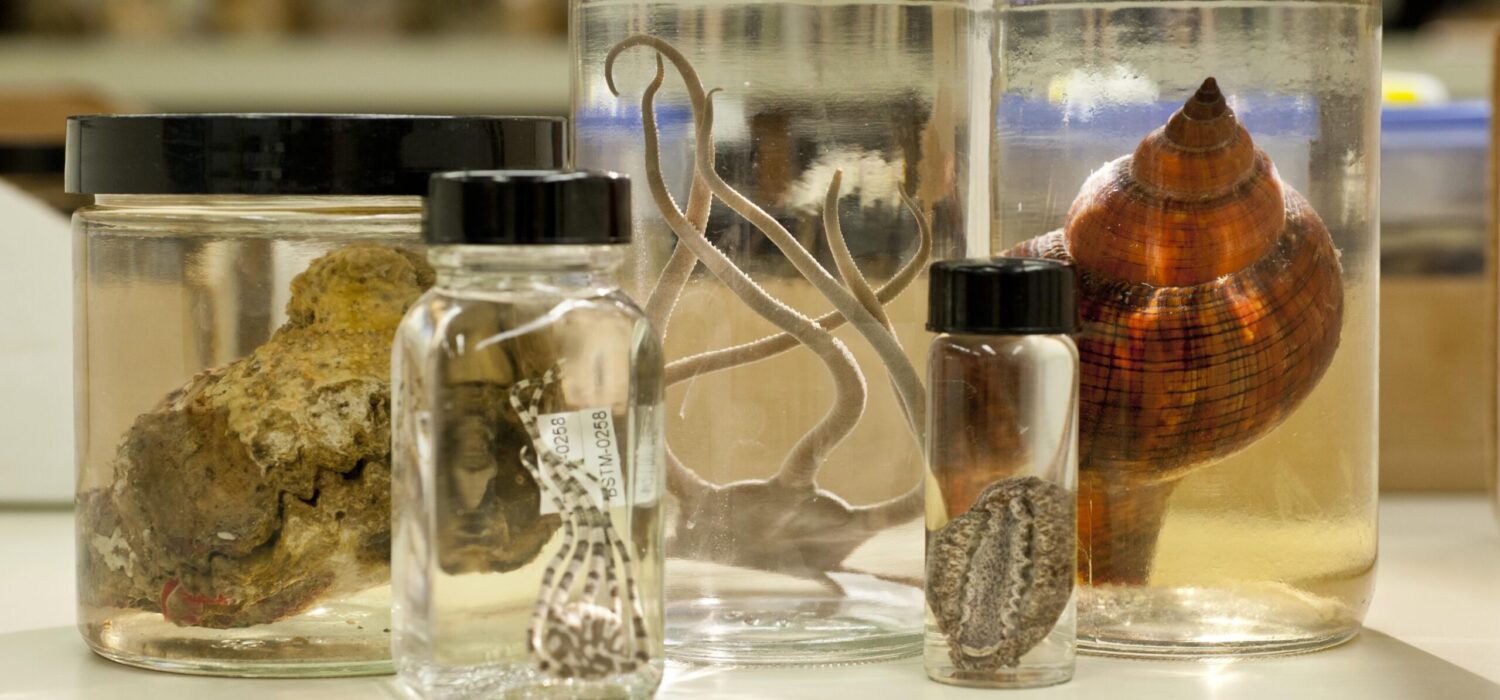On 28 April 2006 NSC Alliance president Terry Yates and policy director Robert Gropp submitted testimony to the Senate Appropriations Committee in support of the Administration’s fiscal year 2007 budget request for the National Science Foundation (NSF). In short, the testimony supported the Administration’s fiscal year 2007 request of $6.02 billion for NSF. The request reflects a significant increase at a time when most agencies are facing budget cuts.More specifically, the testimony expressed support for NSF’s science education programs. The NSF plays an important role in science education, in both formal and informal environments, such as natural history museums, botanical gardens and other science centers. Moreover, through programs such as Research Experience for Undergraduates, GK-12 fellowships, and fellowships for graduate students and post-doctoral researchers, NSF provides the resources needed to educate, recruit, and retain our next generation of scientists. These programs provide the support that makes it possible for practicing research scientists and college faculty to mentor and train budding researchers. Additionally, NSF science education initiatives are unique and stimulate innovation in teaching and learning about science. The lessons learned and models developed through this research inform Department of Education and local school system programs.
In addition to expressing support for various education and workforce training programs, the testimony expressed support for the Administration’s requested 5.4 percent increase for the Biological Sciences Directorate (BIO). NSF BIO is particularly important to basic biological research, the fields of study concerned with understanding how the natural world works. These research disciplines include botany, zoology, microbiology, ecology, integrative and organismal biology, basic molecular and cellular biology, systematics and taxonomy. According to NSF data, more than 65 percent of fundamental biological research is funded by the Foundation. Additionally, NSF provides essential support for the development of research infrastructure (for example, natural science collections, cyber-infrastructure, field and marine stations, and the National Ecological Observatory Network) that is required to advance our understanding of biological and ecological systems.
The Administration’s FY 2007 budget request would provide BIO with roughly $607.8 million (a 5.4 percent increase). This funding would support important new research efforts in the areas of Molecular and Cellular Biosciences ($111.2 million), Integrative Organismal Biology ($100.7 million), Environmental Biology ($109.6 million), Biological Infrastructure ($85.9 million), and Plant Genome Research ($101.2 million). The budget also reflects the need for synthesizing biological information from different fields. Thus, $99.2 million is allocated for the cross discipline Emerging Frontiers program area.
The President’s request also includes $24 million in funding for the National Ecological Observatory Network (NEON). Of the requested funding, $12 million would come from the Major Research Equipment and Facilities Construction account and $12 million would come from BIO. NEON will be the first national ecological measurement and observation system designed both to answer regional to continental scale scientific questions and to have the interdisciplinary participation necessary to achieve credible ecological forecasting and prediction.

